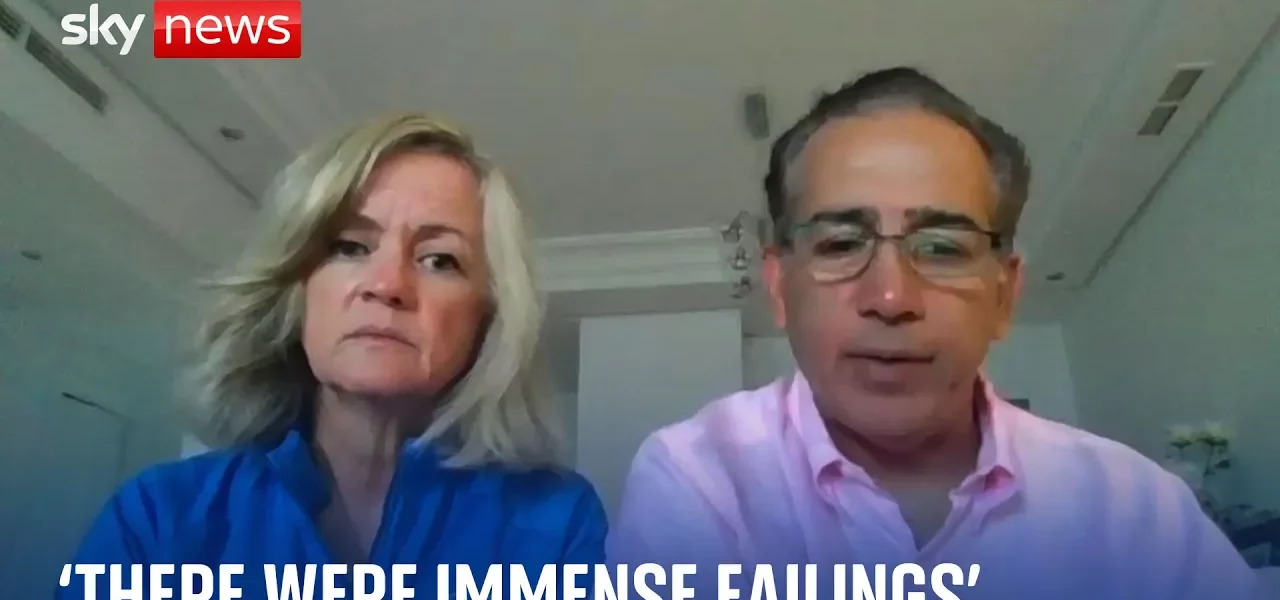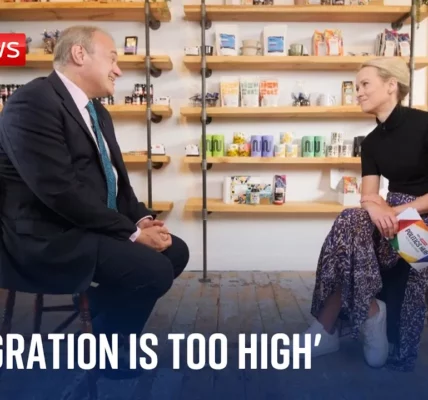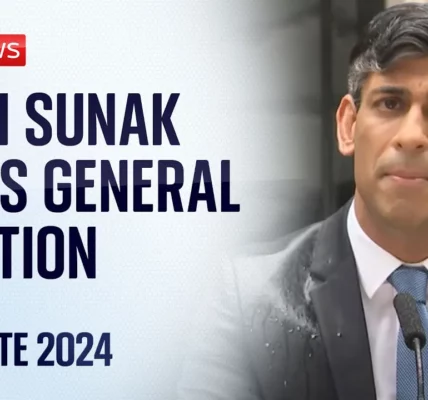Failures in Mental Health Care: The Nottingham Attack and its Aftermath

This article explores the tragic Nottingham attack involving V Khakan Kan, the systemic failures in mental health care, and the heartfelt response from the victims’ families. We delve into the findings of the Panorama program and the CQC report, shedding light on the issues surrounding mental health treatment and accountability.
Introduction
The Nottingham attack, which occurred last June, shocked the nation and raised significant questions regarding the mental health care system in the UK. A new report has surfaced, revealing that doctors had warned about V Khakan Kan’s potential for violence three years prior to the attack. This article delves into the aftermath of this incident, focusing on the insights shared by Grace Malik Kumar’s parents, Dr. Sandro Kumar and Dr. Chenade Kumar, regarding the systemic failures they believe contributed to this tragedy. Their heartfelt testimony sheds light on the urgent need for reform in mental health services.
Background of the Nottingham Attack
V Khakan Kan was involved in a violent incident that led to the tragic death of Grace Malik Kumar. The circumstances surrounding his mental health treatment have prompted widespread scrutiny and concern.
Family’s Perspective
Dr. Sandro Kumar and Dr. Chenade Kumar expressed their devastation upon learning about the findings presented by investigative journalists. They highlighted the lack of comprehensive coverage regarding Kan’s background, particularly the fact that his mother, a registered nurse, had been informed about his mental health issues.
The Role of Investigative Journalism
The family acknowledged the efforts of investigative journalists, particularly in the BBC’s Panorama program, for bringing attention to their case. However, they expressed disappointment with the program’s limited scope and failure to address critical questions.
Critical Questions Unanswered
- Why did the police not charge Kan after a young woman sustained severe injuries jumping from a window to escape him?
- What was the role of toxicology and drug use in Kan’s behavior leading up to the attack?
- How could the mental health services fail to recognize the signs of potential violence?
Insights from the CQC Report
The Care Quality Commission (CQC) report has revealed significant shortcomings in the mental health care provided to Kan. Dr. Sandro Kumar emphasized the absence of proper risk assessments and the failure to administer appropriate medications.
Medication Non-Compliance
Dr. Kumar pointed out that Kan’s mental health condition was mischaracterized as drug-resistant schizophrenia, when in fact, it was his non-compliance with medication that led to his deteriorating condition. He provided an analogy comparing it to a patient who neglects their blood pressure medication.
Calls for Systemic Change
Both Dr. Kumar and Dr. Chenade Kumar have been vocal advocates for reforming the mental health system. They have highlighted the need for increased accountability among clinicians and the importance of thorough risk assessments.
Proposed Reforms
- Implementing stricter guidelines for risk assessments that must be completed before discharging any patient.
- Ensuring that mental health professionals are held accountable for their decisions, especially when patients exhibit violent tendencies.
- Enhancing community treatment options to ensure compliance with medication.
The Grace Malik Kumar Foundation
In response to their tragedy, the Kumar family has established the Grace Malik Kumar Foundation. This foundation aims to honor Grace’s legacy and promote initiatives that foster empathy and support among young people.
Goals of the Foundation
- Encouraging social connections through “Grace groups” in schools and communities.
- Supporting grassroots sports initiatives, reflecting Grace’s passion for athletics.
- Raising awareness about mental health issues and advocating for systemic change.
Conclusion
The tragic events surrounding the Nottingham attack have sparked vital conversations about the mental health care system and the need for reform. The testimonies of Grace Malik Kumar’s parents reveal the urgent need for accountability and comprehensive care. Their efforts through the Grace Malik Kumar Foundation aim to ensure that their daughter’s legacy inspires change and prevents future tragedies. We encourage readers to support mental health advocacy and engage in discussions about improving care systems to protect vulnerable individuals and the public at large.
“`




